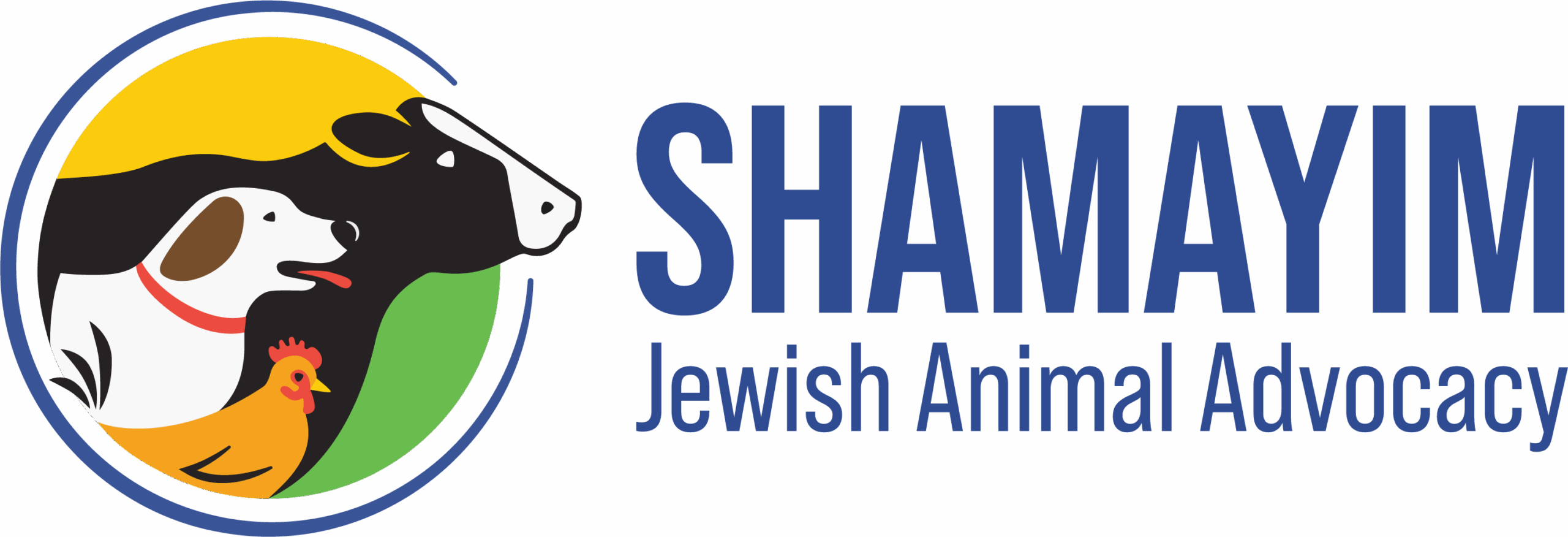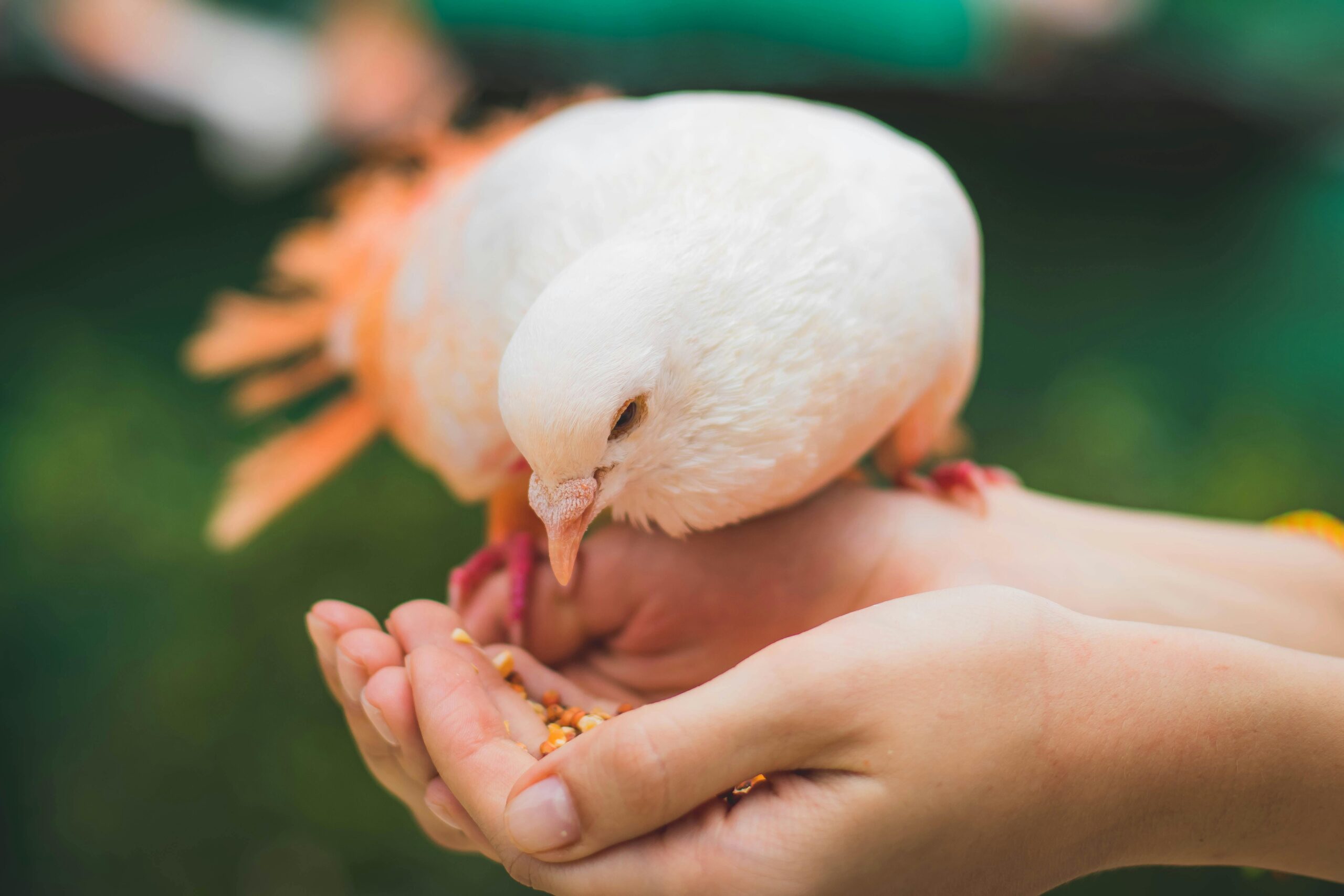A wide variety of strategies are needed to combat the complex issue of animal rights. There is no one right way to support animals, rather real progress is made by the combined efforts of people with different interests and abilities. This article looks at different ways that people can be compassionately involved showing that even a small contribution can have a big impact on the animal liberation movement.
Here are 10 effective approaches to creating a compassionate world where all beings thrive:
1. Social Entrepreneurship
Use business to solve environmental and social problems by developing innovative ventures that support animal welfare:
- Plant-Based Foods: Companies like Beyond Meat and Impossible Foods are transforming the food industry with delicious, accessible alternatives to animal products.
- Sustainable Fashion: Support cruelty-free brands using vegan leather, plant-based dyes, and recycled materials.
- Animal Sanctuaries: Create safe havens for rescued animals and educate the public on their value and welfare.
2. Direct Action and Advocacy
Raise awareness and pressure decision-makers with nonviolent initiatives:
- Protests, vigils, and nonviolent civil disobedience outside factory farms, labs, and other exploitative industries.
- Undercover investigations to expose animal cruelty in factory farms, puppy mills, and more.
- Boycotting unethical companies to push for more sustainable and humane practices.
3. Giving Back to the Community
Financial support is crucial for advancing the movement:
- Donate to shelters, sanctuaries, essential research, and advocacy campaigns.
- Create charitable funds or match donations through corporate social responsibility programs.
- Support organizations like In Defense of Animals, Humane Society, and Farm Animal Rights Movement, or others that carry out research, advocate for laws, and run public awareness campaigns.
4. Advocacy in Politics
Push for stronger animal protection laws:
- Contact legislators through letters, calls, and town halls.
- Vote for candidates who prioritize animal welfare.
- Educate voters on animal rights issues to keep these topics on the political agenda.
5. Outreach and Education
Spread awareness and inspire compassion:
- Volunteer at shelters and sanctuaries to connect directly with animal welfare efforts.
- Host workshops, school presentations, or community talks about animal rights.
- Create educational materials to distribute online or in-person.
- Mentor young people interested in animal advocacy.
6. Advocacy Through Law
Legal action holds people and businesses accountable.
- Support legal funds for animal protection lawsuits.
- Collaborate with legal experts to challenge laws that enable cruelty- for example, assisting animal rights lawyers with research, investigations, and other forms of legal support.
- Advocate for enforcement of existing animal protection laws.
7. Harnessing the Power of Media
The media has a big impact on social change and forming public opinion. Use media to amplify the message.
- Create documentaries or short films about animal exploitation.
- Share compelling content such as articles, videos, and photos on social media platforms.
- Engage in online discussions to counter misinformation and promote compassion.
- Support independent media organizations that report on animal welfare issues.
8. Building Community
For the animal rights movement to succeed, communities must be strong and supportive.
- Join or create online groups and forums for animal advocates.
- Organize local events like potlucks, film screenings, workshops, and meetups.
- Mentor new activists and share resources to foster collaboration.
9. Lowering Our Environmental Impact
Animal welfare and environmental issues are closely related, so reducing our carbon footprint and promoting environmental sustainability initiatives are essential.
- Reduce consumption of animal products to lower the environmental damage caused by factory farming.
- Conserve resources and support renewable energy initiatives.
10. Living a Life of Compassion
At the end of the day, leading a compassionate life is the best kind of activism. Incorporate kindness into daily decisions:
- Adopt a plant-based diet to reduce demand for animal products.
- Choose cruelty-free products and locally grown, seasonal foods whenever possible.
- Support sustainable practices that align with animal welfare.
Be the Change!
Creating a compassionate world starts with you. Every action, no matter how small, can contribute to a world where all beings thrive. Whether through activism, education, or simple daily choices, your efforts matter. Together, we can make a difference.





Leave a Reply